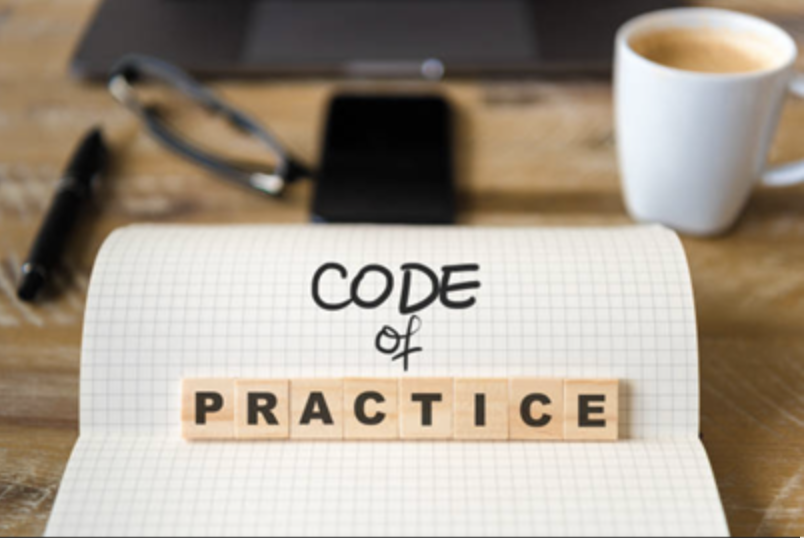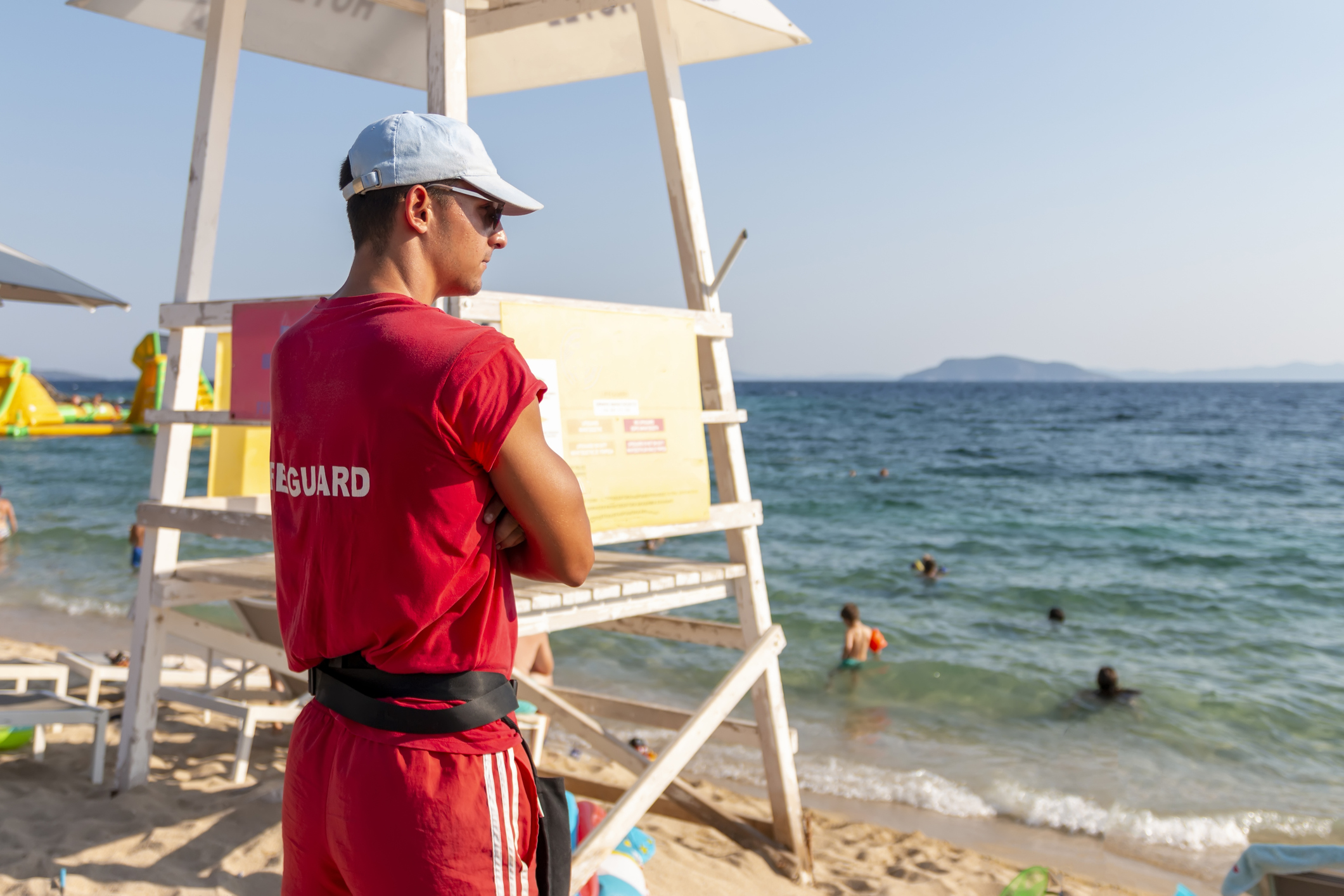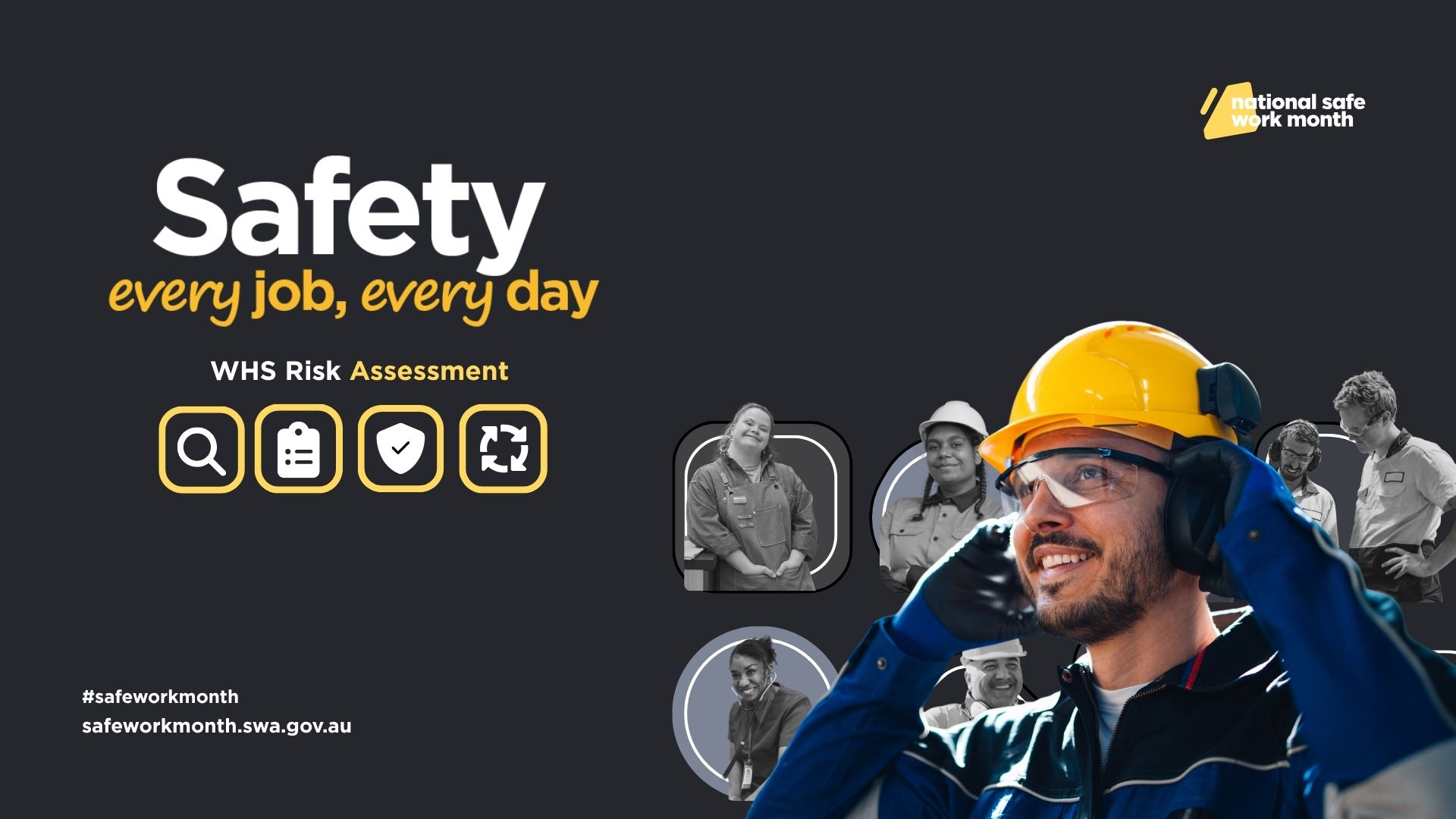What are the Major Legal Trends Impacting WHS Professionals?
With the 10-year anniversary of harmonised WHS legislation in many jurisdictions approaching, there are a number of significant legal trends impacting WHS professionals and their organisations.|With the 10-year anniversary of harmonised WHS legislation in many jurisdictions approaching, there are a number of significant legal trends impacting WHS professionals and their organisations.

With the 10-year anniversary of harmonised WHS legislation in many jurisdictions approaching, there are a number of significant legal trends impacting WHS professionals and their organisations, according to one of South Australia’s leading workplace lawyers.
“An examination of recent investigations and resulting prosecutions indicates individuals are now squarely in the frame for regulators,” said Luke Holland, a WHS partner at Sparke Helmore Lawyers.
Previously, Holland observed persons conducting a business or undertaking (PCBU) were generally solely accountable – “but we are now seeing individuals also being called to account across the country, particularly where they have played a part in the incident,” said Holland, who was speaking ahead of the AIHS South Australian 2021 Safety Symposium, which will be held on Friday 22 October 2021 at the Adelaide Zoo.
“The focus isn’t only on workers but is increasingly on the next level up – managers, supervisors and in some instances directors.”
There have been a number of notable cases that serve as good examples of this, according to Holland, who cited SafeWork NSW v Sarjeet Sidhu in NSW, NT WorkSafe v Ridem Pty Ltd and O’Donnell or SafeWork SA in Campbell v H&T Cook Enterprises Pty Ltd and Cook.
In contrast, Holland noted convictions under section 27 (due diligence) were previously relatively rare.
“I think the trend of PCBUs and individuals being prosecuted together will continue and become the norm,” said Holland, who also foresaw Courts more frequently imposing non-pecuniary sanctions.
The model WHS Act provides courts with a range of sentencing options, such as adverse publicity orders, restoration, WHS project orders, injunctions and training orders, he added.
For example, in NT WorkSafe v Ridem Pty Ltd, Holland said the Court ordered the PCBU to fund a WHS project under section 238 of the WHS Act and due diligence training for the director.
“I am also intrigued to see whether exclusion sanctions (as achieved by the ABCC against MCP (Aus) Pty Ltd under the Building Code preventing the PCBU for tendering for government work) will become a trend,” he said.
Holland noted there is now a large number of decisions providing guidance on the application of the model WHS legislation.
“So, as an OHS professional, now is a good time to take stock and reflect. Our discussion at the conference will cover these issues and hopefully arm OHS professionals for the journey ahead,” he said.
Luke Holland together with Sparke Helmore special counsel Daria McLachlan will present a legal update on “The big stick – investigations, EUs, and prosecutions” at of the AIHS South Australian 2021 Safety Symposium, which will be held on Friday 22 October 2021 at the Adelaide Zoo. For more information, call (03) 8336 1995, email events@aihs.org.au or visit the event website.
Article originally published by the Australian Institute of Health and Safety.
Learn more about myosh
Book a 15 minute online demo today





